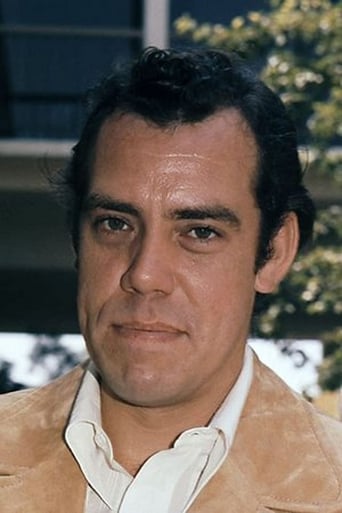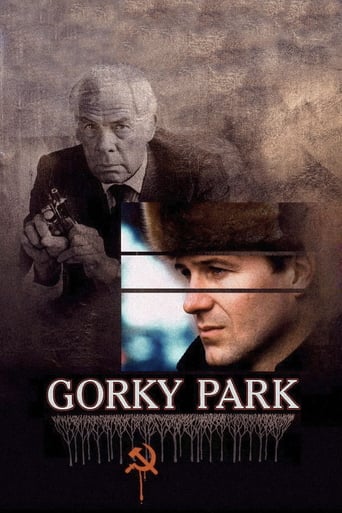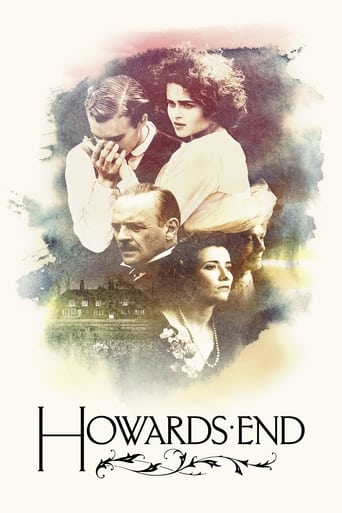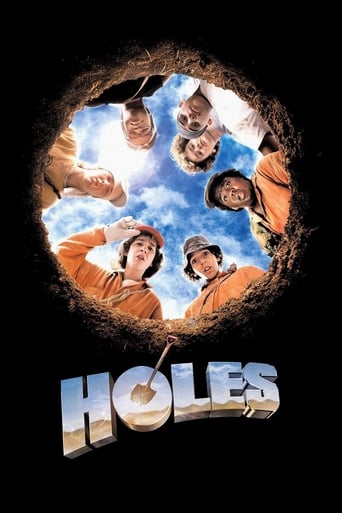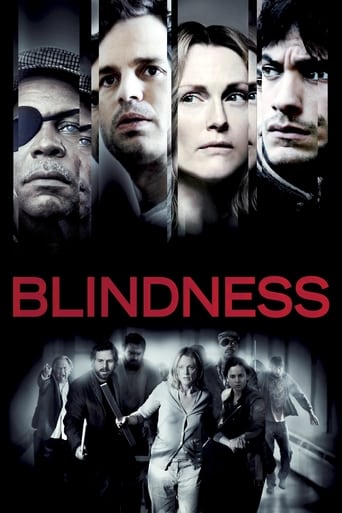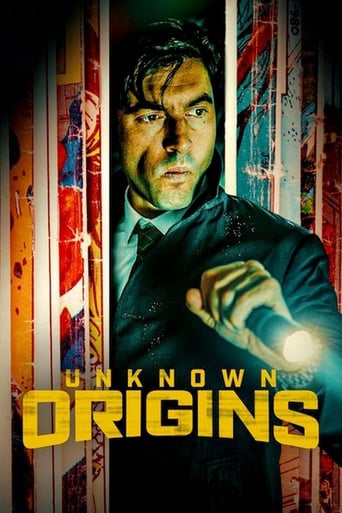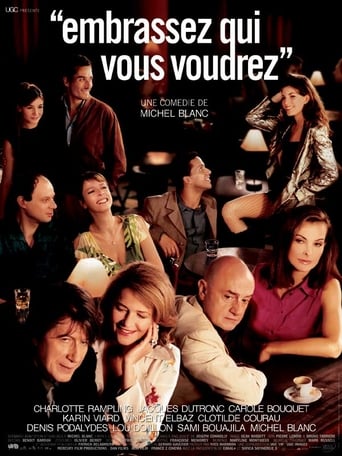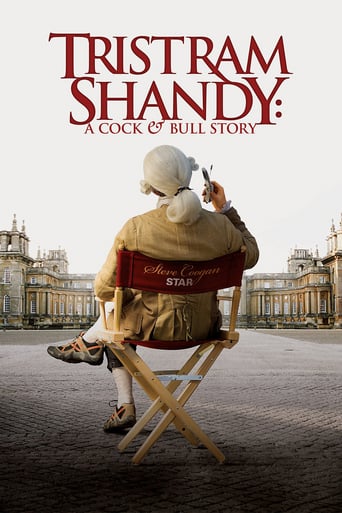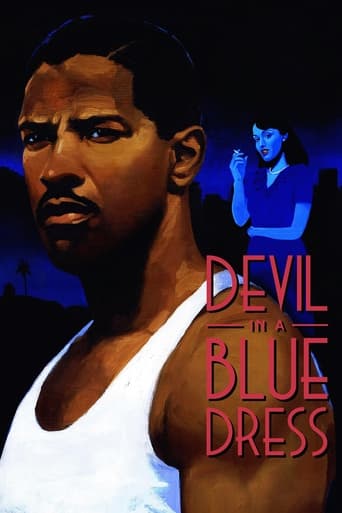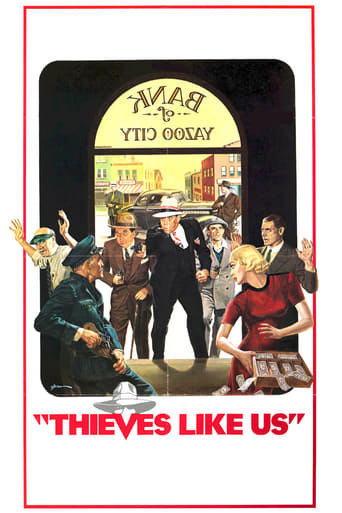
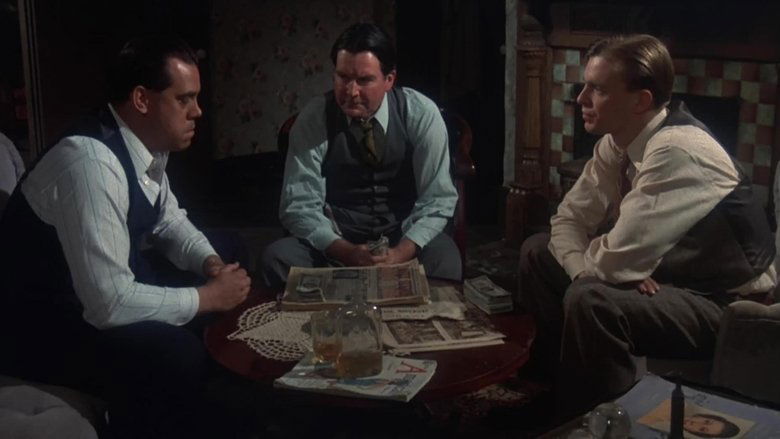
Thieves Like Us (1974)
Bowie, a youthful convicted murderer, and bank robbers Chicamaw and T-Dub escape from a Mississippi chain gang in the 1930s. They hole up with a gas station attendant and continue robbing banks. Bowie, who is injured in an auto accident, takes refuge with the daughter of the gas station attendant, Keechie. They become romantically involved but their relationship is strained by Bowie's refusal to turn his back on crime. The film is based on the novel Thieves Like Us by Edward Anderson. The novel is also the source material for the 1949 film They Live by Night, directed by Nicholas Ray.
Watch Trailer
Cast


Similar titles
Reviews
Very very predictable, including the post credit scene !!!
Just so...so bad
everything you have heard about this movie is true.
Just intense enough to provide a much-needed diversion, just lightweight enough to make you forget about it soon after it’s over. It’s not exactly “good,” per se, but it does what it sets out to do in terms of putting us on edge, which makes it … successful?
After "McCabe and Mrs. Miller", film director Robert Altman returns to the period piece with this superb character study, the second film adaptation (after Nicholas Ray's 1949 "They Live by Night") of a story by Edward Anderson. In Depression era Mississippi, a trio of criminals - Bowie (Keith Carradine), Chicamaw (John Schuck), and T-Dub (Bert Remsen) - escape from prison and hole up temporarily in a farmhouse where Bowie makes the acquaintance of Keechie (Shelley Duvall), with whom he falls in love. While there are bursts of violence throughout, this is much more character than action oriented, with leisurely pacing by Altman that allows the convincing atmosphere to really take hold. The period recreation is stunning, from costumes to sets to cars, and helps the viewer to become really involved in the story, and the people on screen, who each have their own flaws and ambitions. One will notice that Altman goes for an unconventional choice of soundtrack here, as instead of a score he uses old radio programs to enhance scenes; programs like "The Shadow" are used for more serious scenes while a production of "Romeo & Juliet" can be heard over a lovemaking scene. This, more than anything, transports the viewer back in time, doing a better job than most any music score could. Sometimes funny, and sometimes shocking, "Thieves Like Us" is best when it gives its well chosen cast opportunities to really strut their stuff. They couldn't be better; Carradine has one of his best ever roles as Bowie, who's engaging whether he's sharing a scene with Keechie or a stray dog he's befriended. Schuck is vivid as the explosive, alcoholic Chicamaw, and the late Remsen is a delight as the cheerful T-Dub. These two are under rated performers whose names deserve a mention a little more often. Louise Fletcher has her first substantial film role as the tough, no-nonsense Mattie, Ann Latham is appealing as Lula, and Tom Skerritt contributes a scene stealing turn as the cantankerous Dee Mobley. This is one of those movies best appreciated by those who don't need a car chase or other kind of action scene every few minutes in their criminals-on-the-lam pictures. It really cares about character, ambiance, and nuance, and is about as good as this kind of thing gets, maintaining interest for a compelling 123 minutes of screen time. While watching, the viewer will be amused to note the fairly big part that product placement plays here, as the drinking of Coca Cola becomes a recurring theme. Eight out of 10.
Robert Altman was a busy boy in the early '70s, gleefully destroying the mythology of cherished genres with the enthusiasm of a little kid with a toy hammer. When he made a Western (McCabe & Mrs. Miller), his hero was a bearded pimp wandering a snow-covered land of Leonard Cohen songs and near-inaudible dialogue. When he turned his hand to film noir (The Long Goodbye), it was to introduce a scruffy, shambling Philip Marlowe whose messy hair matched his messy mind - and who couldn't even con his cat into eating an inferior brand of food. Thieves Like Us, released the next year, was something of a departure: less doggedly contrarian, with its aspects of realism allied to a certain heightenedness in style and atmosphere that smelled like folklore-fashioning.The film is an adaptation of a 1937 Edward Anderson novel, filmed previously in 1949 as They Live by Night, director Nicholas Ray's brilliant debut and one of the most vivid evocations of young love - and Depression-era desperation - ever put on film. While the first movie made excuses for its desperate protagonist (Farley Granger), here murderer Keith Carradine has no regrets (except that he's never pitched pro-ball) and no intention of leaving behind his life of crime with two older desperadoes, despite having found love. This is a tougher film to fall for, then, but an easy one to admire.Beginning with a shot of chain-gang convicts rumbling past on the rails, Altman effortlessly conjures a world of poverty, dirt and hopeless aspiration, shoving bottles of Coke into every scene and soundtracking his film with almost ever-present radios, playing light entertainment shows, crime serials, news broadcasts and political speeches. Occasionally it's too heavy-handed (the Romeo and Juliet sex scene, with its repetitive refrain), but more often it's perfectly-judged. The film follows the trio from the aftermath of their prison escape to their bullet-riddled fate, contrasting their presentation in the press with the less exciting, but more intriguing reality. In the midst of all that, there's time for numerous superb vignettes (the '36th robbery' being the highlight) and a touching romance between Carradine and gas-station attendant's daughter Shelley Duvall.For those who only know Duvall as the perpetually-screaming would-be-victim of a large portion of ham (Jack Nicholson) in Kubrick's The Shining - which I seem to be alone in thinking is actually quite a poor film - this should be something of an eye-opener. For the first seven years of her career, Duvall appeared only in the films of Altman, evincing a rare kind of magic in her rich and sensitive characterisations. She's wonderful again here: needy, adoring and appealing. Her defining moment is a scene where a lesser performer could have blown it all, as she shifts from scorned fury ("You lied. Liar!") to longing and a desire for affirmation, cradling Carradine's head as he sits motionless on the bed. Carradine himself has been lacklustre more often than he's been impressive, but he did some of his best work for Altman (most notably in the following year's Nashville) and is extremely effective in a role that suits him well. John Schuck and Bert Remsen also do strong work as his partners in crime, though the pick of the supporting cast is Louise Fletcher (One Flew Over's Nurse Ratched), excellent as a put-upon relation sheltering the titular thieves.In many ways, Altman was the key American director of the period, the one who both created and seized upon the unique opportunities of the period, realising the zeitgeist and pioneering its most important innovations, like overlapping dialogue and labyrinthine, novelistic narratives. Co-scripting here, he nails the period and the significance of this story, while throwing in some left-field touches that you'd swear were Coen brothers originals, leaving much of the main action sequences off the screen, and showing the crooks drawing straws to see who drives the getaway car... then deciding that's not going to work. It's a completely different take on Anderson's novel than They Live by Night, but just as incisive, rewarding and memorable.
A gentle, slow, and moving study of some none-too-bright bank robbers in the 1930s. Keith Carradine and Shelly Duvall are terrific, and their scenes together are alive and wonderful. Some of the surrounding acting and story lines are good, but not nearly as strong as the film's center. Beautiful production design, and a feeling, as with 'McCabe and Mrs. Miller', of both tremendous reality, of 'being there', while still somehow feeling Brechtian and ironic at the same time. There are moments where the radio music in the background -- used in place of score - is a bit on the nose, and a few moments feel forced or slow. But this is a unique, odd and special movie, examining thieves in the depression without any hint of glamorization on one hand, or forced empathy on the other, while still breaking our hearts.
"They Live by Night," the 1948 screen adaptation of the Edward Anderson novel "Thieves Like Us," and other films that have obviously been inspired by it, like "Gun Crazy" (1949) and "Bonnie and Clyde" (1967), have all been so good that it makes you wonder if yet another version of the same story is necessary. The answer is yes, because Robert Altman is behind this version, and if Altman proved nothing else as a director, he proved that he could take any material and make it his own.Altman's "Thieves Like Us" is a beautiful and heartbreaking version of the lovers-on-the-lam story, with Keith Carradine cast as Bowie, the soft spoken, sensitive member of a trio of escaped convicts and bank robbers (the other two, Chickamaw and T-Dub, played by Altman regulars John Schuck and Bert Remsen, respectively). During a lull in their series of robberies, Bowie sets up house with Keechie (Shelley Duvall), a shy, simple country girl, and they take a stab at a sort of domestic bliss despite the fact that Bowie is doomed and it's only a matter of time before the law catches up to him. Meanwhile, T-Dub's sister-in-law, Mattie (Louise Fletcher), who has helped the fugitives because of family obligations, begins to tire of the example the trio are setting for her own children, and becomes an accomplice to the police trying to track down the criminals.Previous screen versions of this story cast gorgeous actors as the lovers and made us fall in love with them. In 1948 it was Farley Granger and Cathy O'Donnell; in 1967 it was Warren Beatty and Faye Dunaway. We fall in love with Carradine and Duvall too, but for different reasons. They are decidedly NOT gorgeous actors -- they're both skinny, ungainly and awkward. But they're both incredibly simple and sweet, and they have some lovely and naturalistic moments together that make us wish these two could just settle down, have a family and achieve their own small share of happiness. Altman constantly reminds us of the happiness these two are denied through use of an endless parade of print and radio advertisements that serves as a running commentary throughout the film. During a horrible depression during which so many people could afford nothing, Altman seems to be accusing the American consumerist culture of incessantly reminding everyone of what they didn't have. The way to happiness, Altman implies, seemed to lie in material comforts; no wonder the trio of men in this film prefer robbing banks to the alternatives available to them.And there's another theme winding its way through Altman's version, one which appeared again and again in his work, that of frustrated male inadequacy. The men in this film turn to the most destructive behavior (thieving, drinking, sexual aggression) in order to cope with a world they feel they've lost control of, and this behavior is continuously juxtaposed to the feminine, domestic sphere represented by Mattie, eternally capable and resourceful, and resentful of the disruption the men bring along with them."Thieves Like Us" does not have that beautiful, ethereal sheen to it that characterized Altman's other early-1970s films, mostly because he did not use expert cinematographer Vilmos Zsigmond on this outing. But thanks to the winsome performances of Carradine and Duvall, and the touching representation of their characters' tentative relationship, this is one of his warmest and emotionally resonant films from that time period.Grade: A




